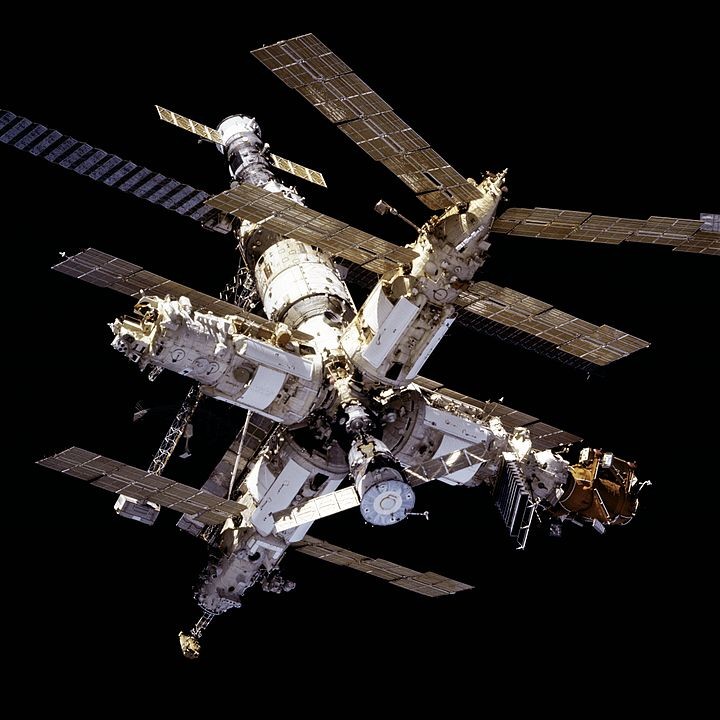On May 18, 1991, veteran cosmonaut Sergei Krikalev launched from Earth toward the Soviet Mir space station, orbiting more than 350 km above our planet. While he was there, the Soviet Union dissolved, leaving him as the 'last Soviet citizen' in space just months later.
A fresh mechanical engineering graduate from Leningrad (now Saint Petersburg), Krikalev joined RKK Energia in 1981, the team behind Soviet Soyuz spacecraft and launchers. In 1985, he helped rescue the Salyut 7 station after it was sidelined by electrical failures.
That same year, he qualified as a cosmonaut and worked on the Buran shuttle program. By early 1988, he trained for long-duration flights on Mir. On November 26, 1988, he launched on his first mission to the station, followed by a second in April 1990. Unbeknownst to him, this stay would extend dramatically.

The mission started tensely. As Krikalev's Soyuz capsule neared Mir with two crewmates, the automated guidance failed. Taking manual control, he docked flawlessly, joining Britain's first astronaut, Helen Sharman, aboard.
The crew handled routine tasks, but below, the Soviet Union was fracturing. Krikalev tracked sparse news updates from orbit. Supplies held up, yet he worried about his family and friends.
Geopolitical shifts soon hit Mir, 358 km below. As Kazakhstan pushed for independence, President Mikhail Gorbachev pledged a Kazakh replacement for Krikalev to ease tensions. With no Kazakh cosmonaut ready, his mission extended.
Krikalev questioned his health amid limited knowledge of long-term space effects. "Will I have enough strength? Will I recover and complete the program? Naturally, at some point, I had doubts," he later shared.
In October, his crew departed, leaving him solo. No one else had the expertise to maintain Mir, and budgets wouldn't allow a relief crew, so he stayed to keep it running.
On December 25, 1991, the Soviet Union collapsed. Cash shortages blocked relief missions. Krikalev could have returned but stayed, knowing his exit might end Mir operations.
Plagued by hyperinflation, Russia sold Soyuz seats to Western nations. On March 25, 1992, after 311 consecutive days in space, Krikalev finally returned. Germany paid $24 million to send engineer Klaus-Dietrich Flade to Mir.
Rescuers pulled a pale, sweat-soaked Krikalev from the capsule, his suit still emblazoned with the Soviet flag and "CCCP." Western media called him "white as aspirin and sweaty like wet dough." He landed in independent Kazakhstan; Leningrad was now Saint Petersburg; his 600-ruble salary, once elite, was worthless.
He had launched as a Soviet citizen from a nation that vanished—the "last Soviet citizen." Later honored as a Hero of Russia, he flew on a U.S. shuttle in 1994 as the first Russian there, and in 1998 became the first to arrive at the International Space Station.